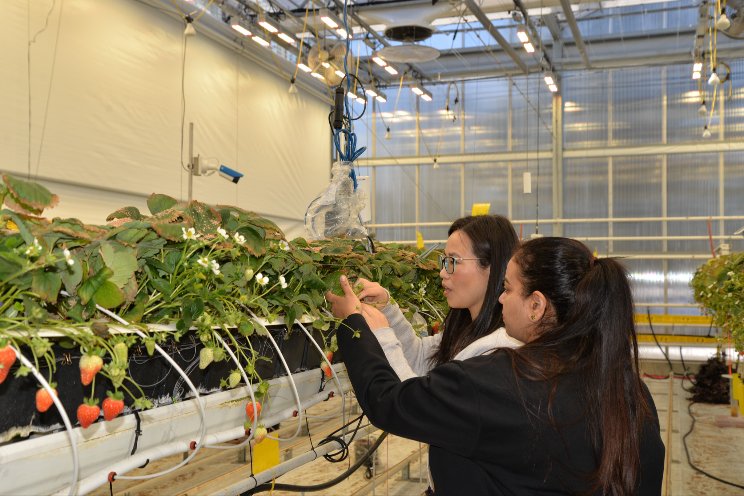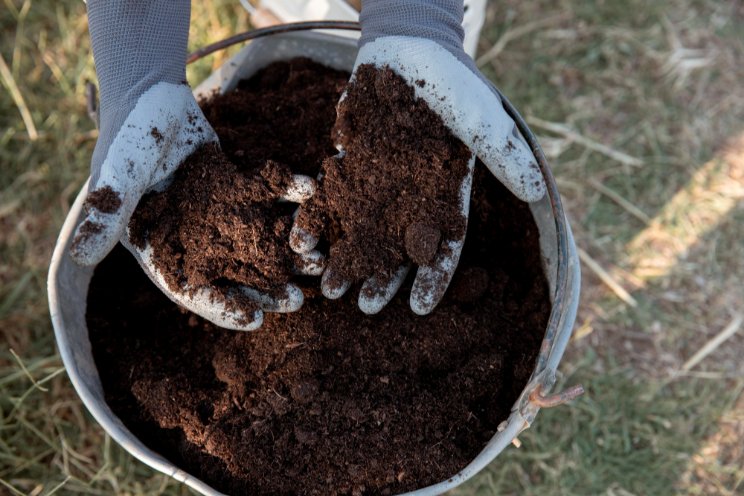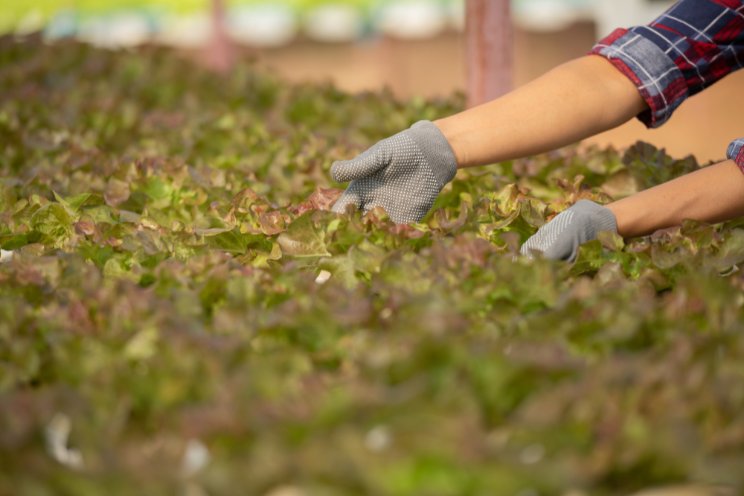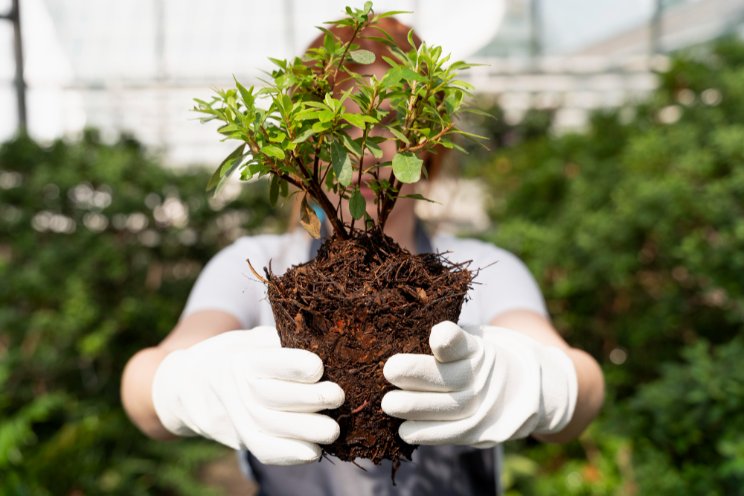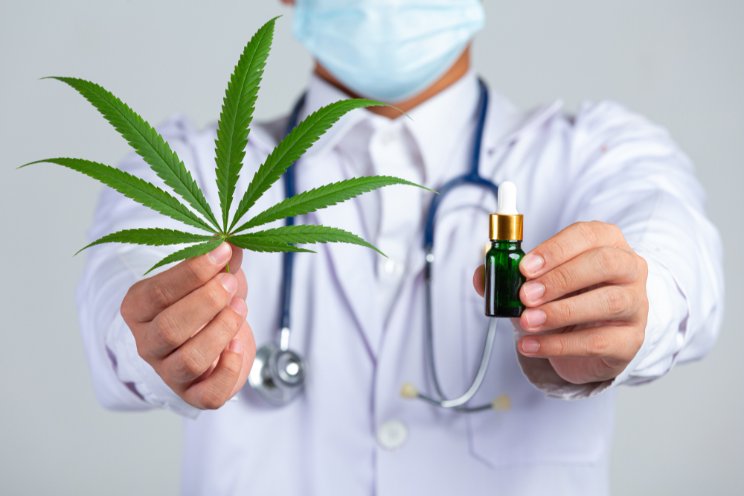Programs to make cannabis industry more eco-friendly
Added on 03 March 2020

Both programs support Gov. Jared Polis' mission to reduce greenhouse gases by 50% by 2030.
The first program is the Carbon Dioxide Reuse Project, where the Denver Beer Co. is collaborating with the Clinic dispensary to recycle carbon emissions. Co-founder of Denver Beer Co., Charlie Berger said that brewing a 120-barrel batch of beer creates enough carbon dioxide naturally via fermentation to fill up a 500-pound vessel.
By using a carbon-capturing machine designed by Earthly Labs, an Austin-based company, the brewery will provide its Carbon Dioxide to the clinic, which will use it to facilitate plant growth at its cultivation operations.
Max Cohen, the CEO, and founder of the Clinic said that carbon dioxide is administered in growing operations to boost plant health and increase yield during cultivation. By using recycled CO2, the dispensary's need to purchase manufactured CO2 will significantly reduce.
Gov. Jared Polis said at a conference that they're very serious about reducing their emissions. Polis further added that they will not leave any stone unturned, any beer tank unturned, or any cannabis plant unturned to boost their climate efforts because it is highly important.
Earthly Labs' machine uses a three-step process to purify the carbon dioxide coming out from the brewery's fermentation tanks and then chills it down to liquid form for further use. The machine is almost similar to the size of a refrigerator and performs efficiently.
The clinic grows nearly 2,200 pounds of cannabis annually and the Denver Beer Co. is expecting to recycle more than 150,000 pounds of CO2 by using this machine which is sufficient to meet 100% of the Clinic's needs, said Amy George, the founder, and CEO of Earthly Labs. The CO2 purification machine could also be adapted to other industries, ranging from logistics to wine-making companies, in the future.
George said that this could be a roadmap for the entire country and not just for Colorado. According to the Colorado Energy Office, the brewer-dispensary partnership will inspire other cannabis companies to assess their environmental footprint. They are also making resources available through their second program known as the Colorado Cultivators Energy Management pilot.
In the second program, cannabis companies will be able to enlist the assistance of local utility companies and electric cooperatives to examine their energy use and determine ways to become more efficient. The program will begin with five utility providers - San Isabel Electric Association, La Plata Electric Association, Mountain Parks Electric, Colorado Springs Utilities, and United Powe - and with 15 licensed cannabis cultivations in their regions.
These evaluations will help cultivators better understand how they are using energy, the costs of using it and help them identify more cost-efficient and better energy management opportunities, said Will Toor, Colorado Energy office's executive director. This program will also educate cultivators about renewable energy options, including operating and equipment procedures, Toor added.
The pilot program also offers free resources to any rural electric cooperatives interested in creating long-term strategies to improve the environmental footprint of cannabis cultivations. Regulators denied commenting on how long the pilot programs would run for, however, if they are successful they hope to help other businesses to adopt more sustainable practices as well. Polis said that it starts here but the sky's the limit, and they want to be a model in cannabis and craft brewing.
Cannabis cultivation became common after the Farm Act 2018 by the federal government, which legalized hemp, a Cannabis Sativa plant. Hemp contains an abundance of cannabinoids, including a popular cannabinoid known as CBD or cannabidiol. CBD has anti-inflammatory properties which means it can help reduce inflammation, muscle spasms, chronic pain, injuries, etc.
People started using CBD for treating a variety of ailments ranging from anxiety and stress to cancer and Alzheimer's. While there's limited research that supports the medical claims of CBD, there is enough evidence to prove that it might be a potent substance in boosting the overall wellness of users and help them deal with several ailments.
Owing to its non-psychoactive nature, CBD garnered massive trust among consumers. Whether it is a young child suffering from epileptic seizures or elder battling cancer, every age group seems to be experimenting with CBD. According to the FDA, the only legal cannabis-based medication is Epidiolex, an oral solution used to reduce seizures in two rare and severe forms of epilepsy known as Dravet's syndrome and Lennox Gastaut syndrome.
Despite the stringent regulations of the FDA, companies continue selling cannabis-based products such as gummies, tincture, oil, capsule, isolate, cream, soft gels, vape pens, etc. consumers are recommended to buy cannabis-based products only from licensed retailers and brands.
Source: Cannabis Radar
Photo by davide ragusa on Unsplash
Source: The Cannabis Radar
More news

